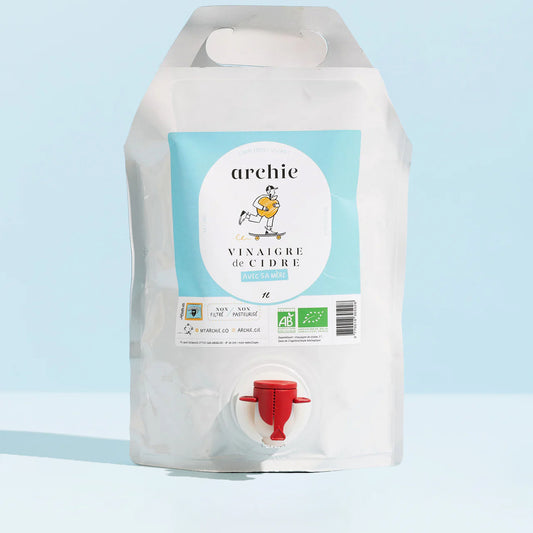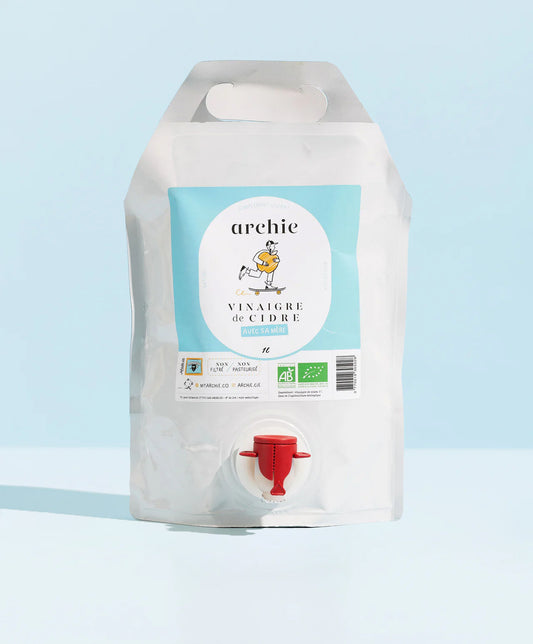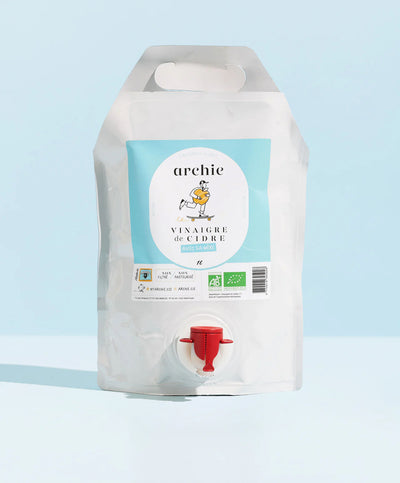Insulin resistance and diabetes are concepts related to the metabolism and regulation of sugar in the body. Let's start by explaining what insulin is and how it normally functions in the body.
Insulin: What is it?
Insulin is an important metabolic hormone produced by the beta cells of the islets of Langerhans in the pancreas. Its main role is to regulate blood glucose (sugar) levels by facilitating the absorption of glucose into the body's cells.
Here is a more detailed explanation of its functions and mechanism of action:
Production and release:
- The beta cells of the pancreas are responsible for producing insulin. They constantly monitor the concentration of glucose in the blood.
- When glucose concentrations rise after a meal, beta cells respond by producing and releasing insulin into the bloodstream.
Stimulation of glucose absorption:
- Insulin acts as a chemical messenger, signaling the body's cells to absorb glucose from the blood.
- Muscle, adipose (fat) and liver (liver) cells have insulin receptors on their surface.
Glucose uptake by cells:
- Once insulin binds to these receptors, it facilitates the entry of glucose into cells.
- Inside cells, glucose is used as an energy source or stored as glycogen in the liver and muscles.
Inhibition of glucose production:
- In addition to promoting glucose uptake by cells, insulin also inhibits glucose production by the liver.
- It reduces the release of glucose from the liver into the blood.
Nutrient storage:
- Insulin also promotes nutrient storage. It stimulates fat storage in fat cells and protein storage by promoting protein synthesis.
Role in lipid metabolism:
- Insulin influences lipid metabolism by inhibiting the breakdown of stored fat (lipolysis) and promoting lipid storage.
- It thus helps to maintain the body's energy balance.
Blood sugar regulation:
- Under normal conditions, insulin release is regulated based on blood glucose levels. When blood sugar levels decrease, insulin production also decreases.
Defects in insulin regulation:
- Problems in insulin production or in the response of cells to the effects of insulin can lead to metabolic disorders such as diabetes.
The normal functioning of insulin
Insulin acts as a key that allows glucose to enter cells, particularly muscle and adipose (fat) cells. Inside these cells, glucose is used as an energy source. When blood glucose levels decrease, insulin production also decreases.
Now let's talk about insulin resistance.
Insulin resistance
Insulin resistance occurs when the body's cells become less sensitive to the action of insulin. In other words, even though the pancreas produces insulin, the cells do not respond adequately, resulting in increased blood glucose levels.
Causes of insulin resistance can include genetics, obesity, a sedentary lifestyle, and other factors. When insulin resistance develops, the pancreas may respond by producing more insulin to try to keep blood sugar levels normal.
Diabetes
Diabetes is a chronic disease characterized by persistently elevated blood glucose levels. There are two main types of diabetes: type 1 diabetes and type 2 diabetes.
- Type 1 diabetes: Occurs when the immune system destroys the beta cells in the pancreas, which are responsible for producing insulin. People with type 1 diabetes must take insulin externally to regulate their blood sugar levels.
- Type 2 diabetes: This is usually associated with insulin resistance. Cells don't respond properly to insulin, and the pancreas may not produce enough insulin to compensate. Type 2 diabetes is often linked to lifestyle factors, such as obesity, physical inactivity, and an unbalanced diet. It can be treated with lifestyle changes, oral medications, and sometimes insulin.
Regulating insulin and managing insulin resistance often involves lifestyle changes and dietary choices. Here are some general recommendations that can help regulate insulin:
Adopt a balanced diet:
- Favor complex carbohydrates such as whole grains, vegetables, fruits, legumes, which are digested more slowly and have a lesser impact on blood sugar.
- Limit consumption of added sugars, sweets, sugary drinks and processed foods.
Control portions:
- Eat smaller, more frequent meals throughout the day rather than large meals.
- Avoid overeating and respect the recommended portions.
Include protein in every meal:
- Protein helps stabilize blood sugar and can contribute to satiety.
- Healthy sources of protein include lean meat, fish, eggs, low-fat dairy products, legumes, and nuts.
Choose healthy fats:
- Opt for unsaturated fats, such as those found in avocados, nuts, seeds, olive oil, and oily fish.
- Limit consumption of saturated fats and trans fats.
Maintain a healthy weight:
- Weight loss can improve insulin sensitivity. A healthy weight can be achieved through a combination of a balanced diet and regular exercise.
Exercise regularly:
- Exercise helps reduce insulin resistance by increasing cellular sensitivity to insulin. Regular physical activity, such as walking, running, swimming, or strength training, is beneficial.
Managing stress:
- Stress can affect glucose levels and insulin resistance. Relaxation, meditation, and other stress management techniques can be helpful.
Control alcohol consumption:
- Limit alcohol consumption, as excess alcohol can affect blood sugar levels.
Monitor sleep quality:
- Adequate sleep is important for hormonal regulation, including insulin regulation.
Drinking apple cider vinegar:
Known for its many health benefits, apple cider vinegar also helps regulate our blood sugar levels and facilitate the work of insulin.
We recommend one tablespoon of apple cider vinegar diluted in a large glass of water before each meal.
Consult a health professional
If you have insulin regulation issues or are experiencing symptoms of insulin resistance, it is essential to consult a healthcare professional. They may recommend tests, dietary adjustments, medications, or other interventions based on your situation.
These general recommendations may vary depending on individual needs, and it is always recommended to consult a healthcare professional for personalized advice on insulin regulation.
Finally , insulin resistance is a condition where cells do not respond effectively to insulin, which can lead to diabetes, a disease characterized by high blood glucose levels. Diabetes management often involves lifestyle adjustments, medications, and sometimes insulin administration.




























